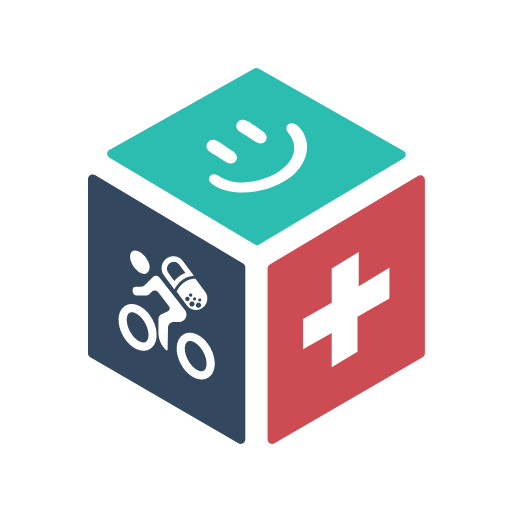Generic Information
RABEPRAZOLE SODIUM
Rabeprazole is indicated in- Duodenal ulcer Healing of erosive or ulcerative Gastroesophageal Reflux Disease (GERD) Treatment of symptomatic GERD Maintenance of healing of erosive or ulcerative GERD Zollinger-Ellison Syndrome Helicobacter pylori eradication to reduce the risk of Duodenal Ulcer recurrence.
Proton Pump Inhibitor
Rabeprazole suppresses gastric acid secretion by inhibiting the gastric H+/K+-ATPase at the secretory surface of the gastric parietal cell. Because this enzyme is regarded as the acid (proton) pump within the parietal cell, Rabeprazole has been characterized as a gastric proton-pump inhibitor.
Duodenal ulcer: Rabeprazole 20 mg in the morning for 4 weeks. Most patients heal within 4 weeks. Healing of erosive or ulcerative Gastroesophageal Reflux Disease (GERD): Rablet 20 mg daily in the morning for 4 to 8 weeks. Those patients who have not healed after 8 weeks of treatment, an additional 8-week course of Rabeprazole may be considered. Treatment of symptomatic GERD: The recommended adult oral dose of Rabeprazole is 20 mg once daily in the morning for 4 weeks. If symptoms do not resolve completely after 4 weeks, an additional course of treatment may be considered. Maintenance of healing of erosive or ulcerative GERD: The recommended adult oral dose of Rabeprazole is 20 mg once daily. Controlled studies do not extend beyond 12 months. Zollinger-Ellison Syndrome: The recommended adult oral starting dose is 60 mg once a day. Doses should be adjusted according to individual patient needs and should continue for as long as clinically indicated. Some patients may require divided doses. Doses up to 100 mg once daily and 60 mg twice daily have been administered. Helicobacter pylori eradication to reduce the risk of Duodenal Ulcer recurrence: Rabeprazole 20 mg, Amoxicillin 1000 mg, Clarithromycin 500 mg twice daily in the morning and evening with meals for 7 days
Rabeprazole is metabolized by the cytochrome P-450 (CYP-450) enzyme system. Studies in healthy subjects have shown that Rabeprazole does not have clinically significant interactions with other drugs metabolized by the CYP-450 system, such as warfarin and theophylline given as single oral doses, diazepam as a single intravenous dose, and phenytoin given as a single intravenous dose.
Rabeprazole is contraindicated in patients with known hypersensitivity to Rabeprazole, other PPIs or to any component of the formulation.
In general, Rabeprazole is well-tolerated in both short-term and long-term studies. Rabeprazole may sometimes cause headache, diarrhoea, abdominal pain, vomiting, constipation, dry mouth, increased or decreased appetite, muscle pain, drowsiness, dizziness.
US FDA pregnancy category 'C'. Studies have been performed in animals and have revealed no evidence of impaired fertility or harm to the fetus due to Rabeprazole. There are however, no adequate and well-controlled studies in pregnant women. Rabeprazole is likely to be excreted in human milk, a decision should be made whether to discontinue nursing or to discontinue the drug, taking into account the importance of the drug to the mother.
There is no experience with large overdoses with Rabeprazole. The maximum reported overdose is 80 mg. There are no clinical signs or symptoms associated with any reported overdose. Patients with Zollinger-Ellison syndrome have been treated with up to 120 mg Rabeprazole once daily. No specific antidote for Rabeprazole is known.
Rabeprazole tablets should not be splited, chewed or crushed.
Keep below 308C temperature, away from light & moisture. Keep out of the reach of children.
